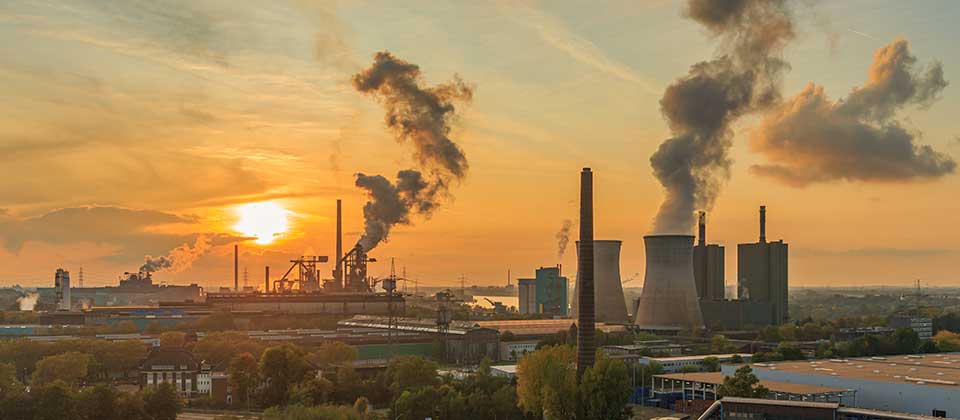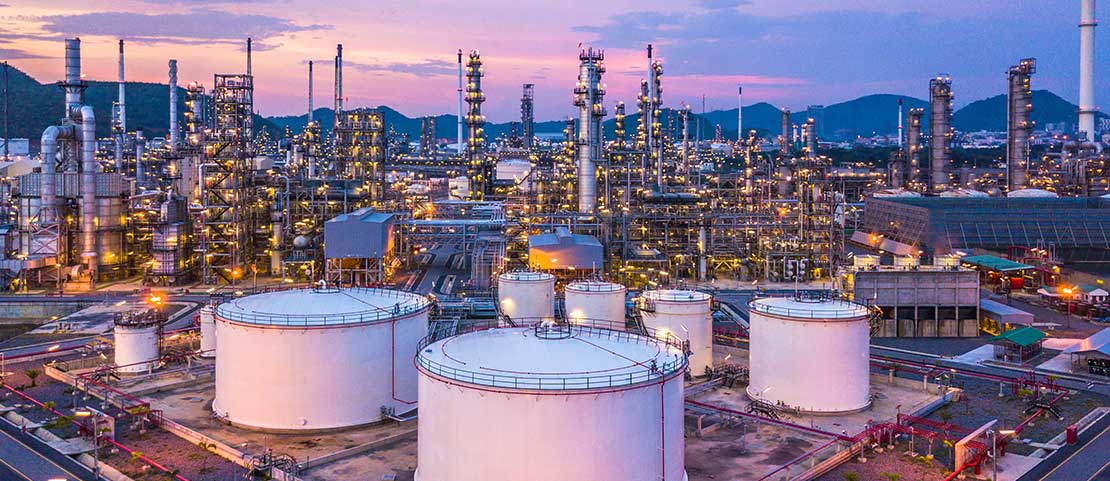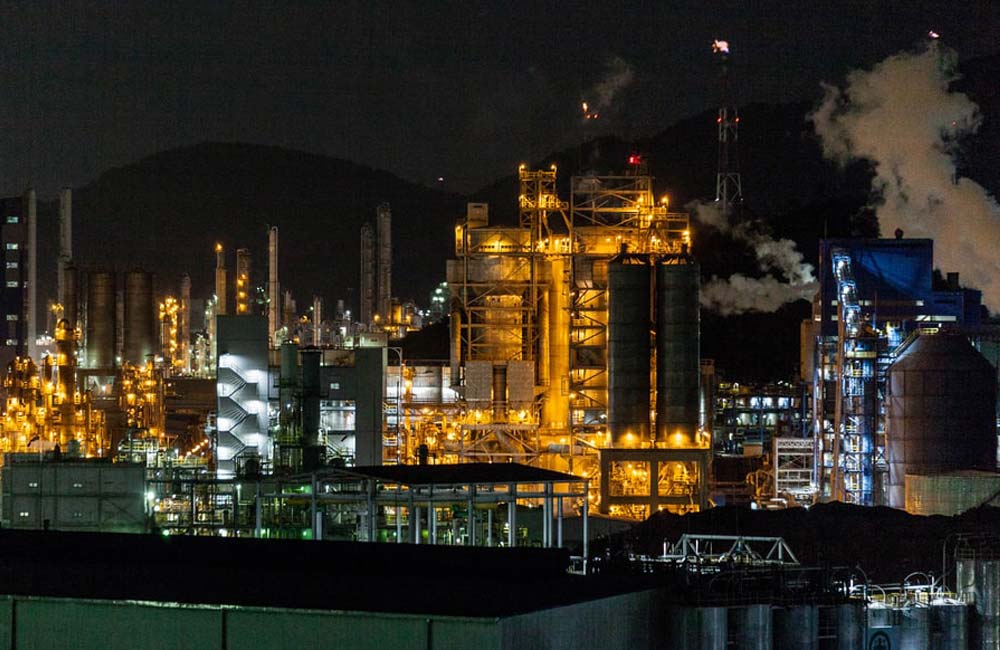

Is this the Chemical Industry's Solution to Reducing CO2 Emissions?
A Sustainable Future: Industry Adaptations for Reduced CO2 Emissions.
The chemical industry has long helped shape the ease of modern living and wide access to a wealth of resources, with a particular focus on petrochemicals over the last 50 years that has helped further novel technologies, drive efficiencies, and lower costs. However, we now see the global damage caused by international Co2 emissions, and leaders across the field are looking at how they can learn, adapt, and innovate in a sustainable new market.
The chemical industry is the third-largest emitting industry behind iron, steel, and cement producers, producing 1.5 gigatonnes or 18% of industrial Co2 emissions in 2018. Limiting the exploitation of syngas from fossil fuels seems to be one of the key components in substantially reducing emissions in the chemical industry, but companies across the field are keeping their research broad to explore all possibilities in helping reach net-zero emissions for the sector.
Reducing CO2 Emissions in the Chemical Industry: What Does Change Look Like?
Developing Leading Spaces with EVONIK
Evonik, one of the world’s leading speciality chemical companies, is dedicated to developing a space in the chemical industry that is part of the solution to Co2 emissions, not part of the problem. Active in more than 100 countries around the world, with €15 billion generated in sales, their chemicals are essential components in a broad range of products, from tires to animal feed.
Most recently, this trailblazer of the chemical industry has expanded its portfolio of amorphous poly-alpha-olefins used in the adhesives industry to feature a more sustainable range of products. Marketed under VESTOPLAST, their offering consists of more than 90% ISCC PLUS-certified sustainable material that significantly reduces CO2 emissions compared to their petrochemical equivalent.
Exploring the Future with BASF
With a portfolio covering chemicals, materials, industrial solutions, surface technologies, nutrition and care and agricultural solutions, BASF Group works with over 100,000 employees, generating around €78.6 billion in sales in 2021.
Understanding their strong position in the chemical industry, BASF have made great efforts to embed climate protection into their corporate strategy, with an overall aim to achieve CO2-neutral growth by 2030. To reach this goal, BASF are dedicated to the optimisation of existing process, gradually replacing fossil fuels with renewable, sustainable energy sources. These market leaders are also developing some of the lowest CO2 emission production processes available as they work to unify climate protection and production growth.
Alongside an ambitious Carbon Management programme, BASF is also the first Carbon Literate organisation in the UK chemical sector, having developed a company-specific carbon literate training course in association with The Carbon Literacy Project.
Start-Up Spaces with Twelve
Aside from the market leaders, a fresh new startup called Twelve is making some real waves in co2 emission reduction in the chemical industry. Having just raised $57 million in Series A funding, Twelve is developing technology that creates chemicals for industry from captured co2, instead of crude oil, gas, or coal. Placing recycled emissions at the centre of their work makes Twelve part of the chemical industry revolution, working for a sustainable future that has a place for their product.
Their process is based on artificial photosynthesis, incorporating Co2, water, and sunlight, using renewable electricity and water to generate carbon from CO2. This carbon can then be produced into substances such as ethylene, a key ingredient in making plastic.
Building The Future
It’s clear to see that the answer to future success lies in early, proactive, and dedicated adaptation across the industry. Innovative development, forward-thinking, and active education and team advancement have ensured EVONIK, BASF, and Twelve are not only ensuring their continued security in the chemical industry and futureproofed success but a future that is sustainable and well-resourced for everyone.
Fancy chatting about the journey to net zero for the chemical sector, or any other trends in the wider industry? Drop me a message at daniel.olufunwa@industrial-cm.com or connect with me on LinkedIn to chat!
Want to collaborate with us?
Charlton Morris is a Talent Solutions business who offer search, contract, volume and employer branding solutions to the industrial markets.Feature in podcasts, videos, articles and more!
Recommended.

Embedding Digitalisation For A Sustainable Chemical Industry.
How can embedded digitalisation create a more efficient and sustainable chemical industry? Head of Global Digitalisation at ASK Chemicals to find out.

Is this the Chemical Industry's Solution to Reducing CO2 Emissions?
How can the chemical industry create a sustainable future by helping reduce CO2 emissions? Leading companies and start-ups alike are forging a path for change.

How to Implement Digitalisation & Operational Excellence.
In this podcast, we speak to Joost van Helden, who's a Senior Program Manager of Digital Execution at Eni. We discuss the implementation process for digitalisation and how companies can go about achieving operational excellence. Click to listen.

Why Operational Excellence is Everything Now.
The past 12 months has changed everything and renewed interest in operational excellence as chemicals companies continue to make improvements in safety, reliability, sustainability and cost of operations. Click to find out more.
Comments.